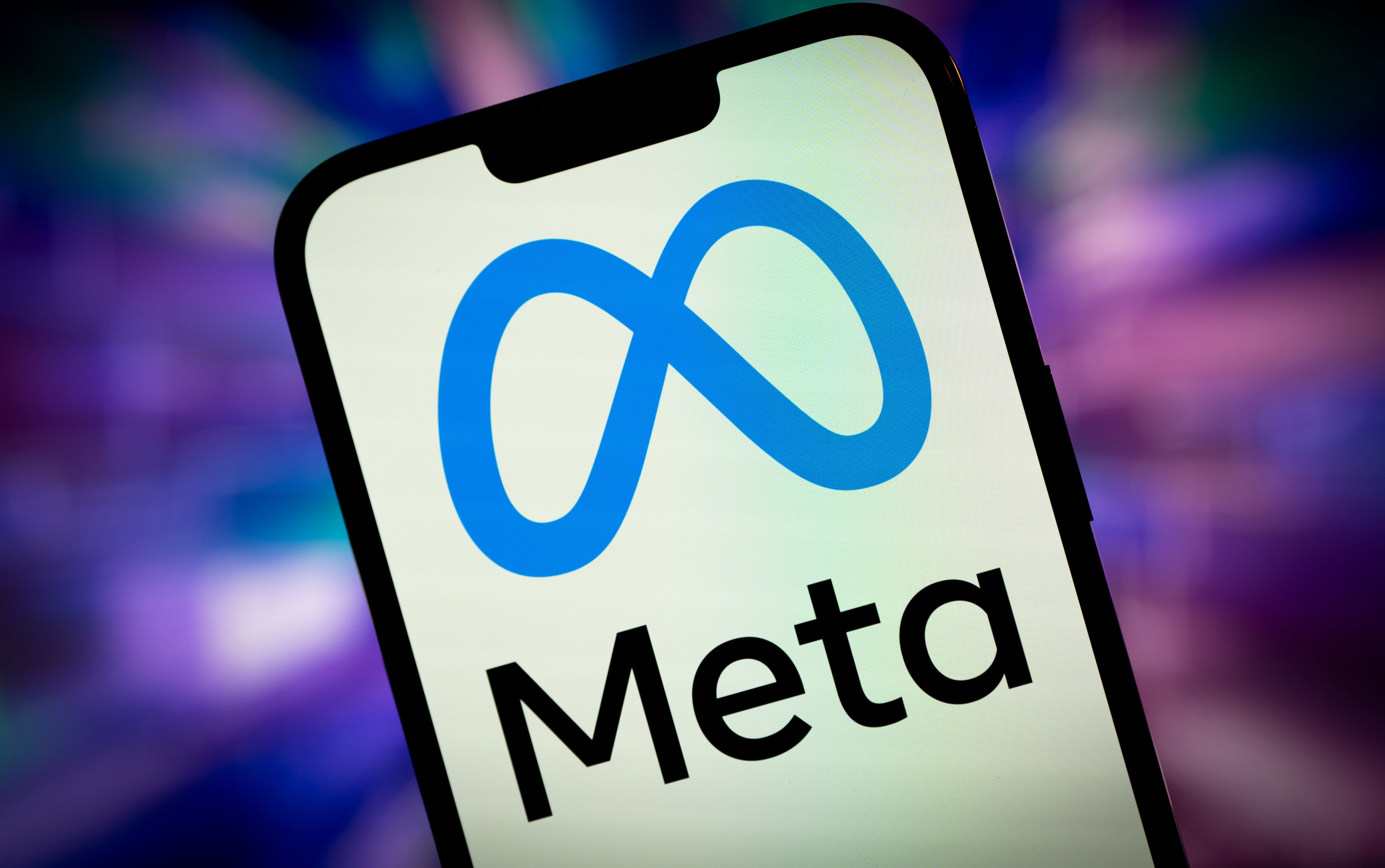What happened?
Facebook's (FB +1.97%) WhatsApp messaging platform, which it paid handsomely for, has announced that it is eliminating all subscription fees and making the service free. The company says that it wants to make WhatsApp more useful, and remove any anxiety that the service will become inaccessible if users don't pay the fee. Many WhatsApp users are located in emerging markets and do not have a debit or credit card to charge.
WhatsApp also reiterated that it has no intention to introduce third-party ads as an alternative way to monetize the service. Instead, it is testing out a new way for users to interact with businesses (the businesses would have to pay instead of the consumer).
Does it matter?
Facebook always said that it would focus on the monetization aspect once WhatsApp reached a billion users. WhatsApp is very close to that threshold. It reported 900 million monthly active users last September, and notes that it now has "nearly a billion people" using the service. In an interview with Wired, WhatsApp CEO Jan Koum said the service is only "about 10 million short" of a billion.
The subscription fee was always negligible to begin with: just $1 per year after the first year free. Ditching the fee in order to boost adoption and working on an alternative (and likely more lucrative) monetization strategy is the right call. Koum even says that he's disappointed that WhatsApp isn't larger than it is, and removing the small hurdle of requiring a debit or credit card can broaden the appeal within the emerging markets where WhatsApp is most popular.







